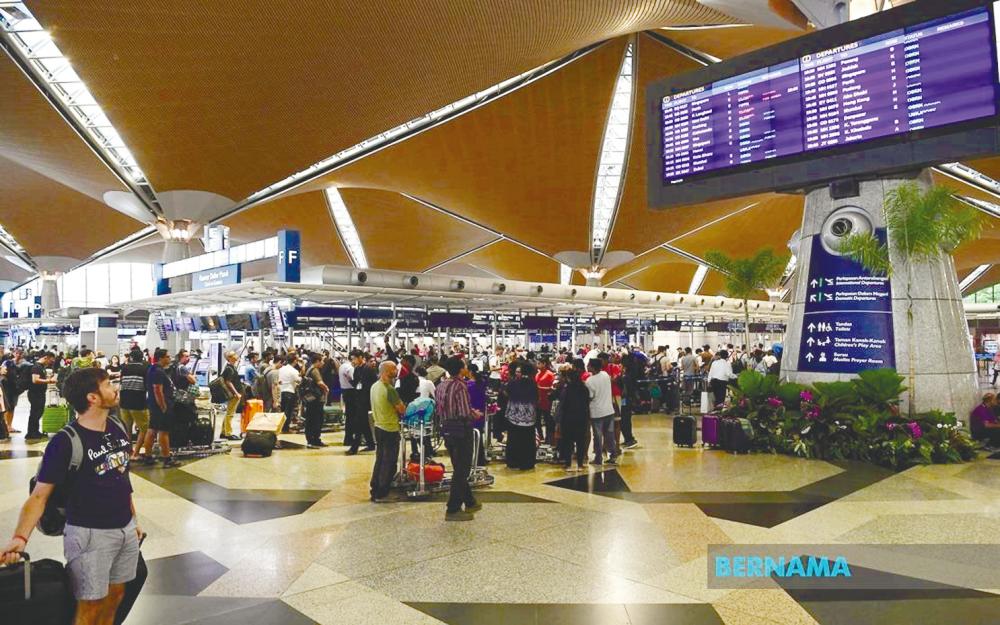THE Special Voluntary Disclosure & Amnesty (SVDA) programme covering indirect taxes has gathered significant pace lately. Up to March 31, 2022, 4,626 applications have been received and the latest information announced by a senior director at a recent conference states that the number of applications has exceeded 7,000.
The overwhelming response is good and bad for the country. It is good to know that taxpayers want to come clean from their past errors and improve their compliance. However, it is worrying that taxpayers in the past may have been underreporting or incorrectly reporting their indirect taxes.
Is it because of their lack of understanding of the law and practice? Or is it intentional?
Take advantage of the SVDA
The big incentive in SVDA is the 10% to 30% tax reduction together with a 100% remission of penalties under Phase 1 which ends on June 30, 2022. Under Phase 2 which ends on Sept 30, 2022, the tax reduction will be reduced to between 5% and 15% and the remission of penalties will be 50%.
Taxpayers participating in SVDA will not be audited by Royal Malaysia Customs Department (RMCD) on any activities and periods included in the SVDA. Any subsequent audits will be for periods beyond Oct 31, 2021 or periods not covered in the SVDA could be audited only after Oct 1, 2023. Effectively, this means that businesses that participate in the SVDA will not face audits from RMCD until Sept 30, 2023.
RMCD has assured taxpayers that it will accept the voluntary disclosure in good faith, which means that an audit will not be carried out upon entering the SVDA. It is a great opportunity for taxpayers to take advantage of this window to come clean and avoid any protracted audits.
Difference between voluntary disclosure and amnesty
Voluntary disclosure covers errors not known or discovered by RMCD and the taxpayer voluntarily comes forward and makes good any duties or taxes which were supposed to be paid to RMCD.
Amnesty covers situations where businesses that expect to receive or have been issued with a bill of demand related to any duties, taxes, levies, penalties and surcharges. Amnesty will also cover cases where an audit has started but has not concluded.
This programme will not cover any investigations carried out by the enforcement division or if the matter is in the tribunal or in court.
Coverage
The programme will cover specific taxes which have not been declared or have been underreported for the periods up to Oct 31, 2021. The taxes covered will include import duty excise duty, sales tax 1.0, sales tax 2.0, service tax 1.0, service tax 2.0, goods and service tax, tourism tax and departure levy.
Anti-dumping duty, safeguard duty, windfall profit levy, etc, will not be covered under this programme.
Programme details
You can find the details on how the programme works and how to enter the programme at www.myva.customs.gov.my which will provide you with the guidelines and frequently asked questions. It is a comprehensive document.
You can deal with this matter at your nearest Customs station. In case you have any difficulties, you can approach the task force headed up at the headquarters in Putrajaya by the Deputy Director General of Customs – Perkastaman and at the zone or state level by the respective Customs directors.
Time is running out
There are only six weeks left to the end of Phase 1 and it will take you at least a week for your application to be accepted. In case you wish to enter the programme, please do not wait any longer.
This article is contributed by Thannees Tax Consulting Services Sdn Bhd managing director SM Thanneermalai (www.thannees.com).













